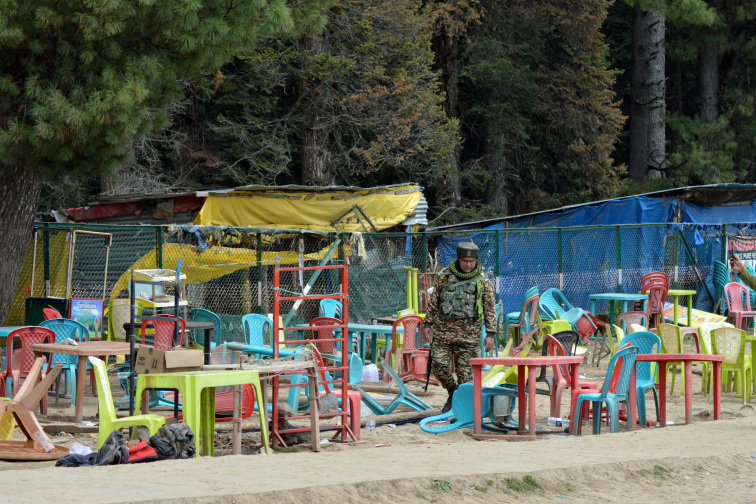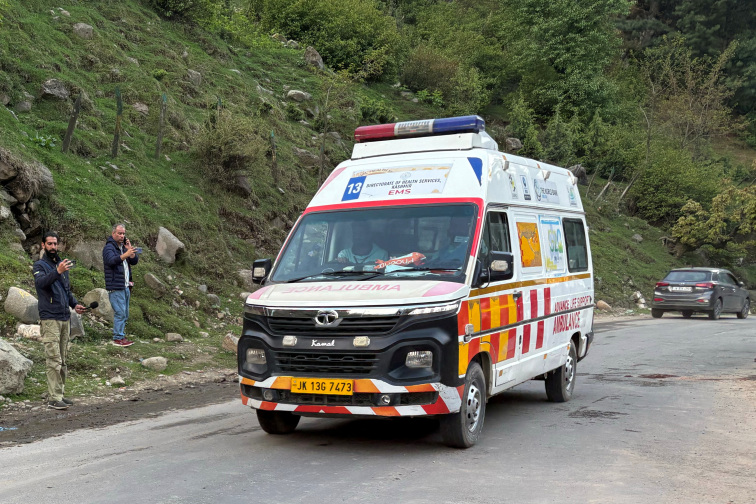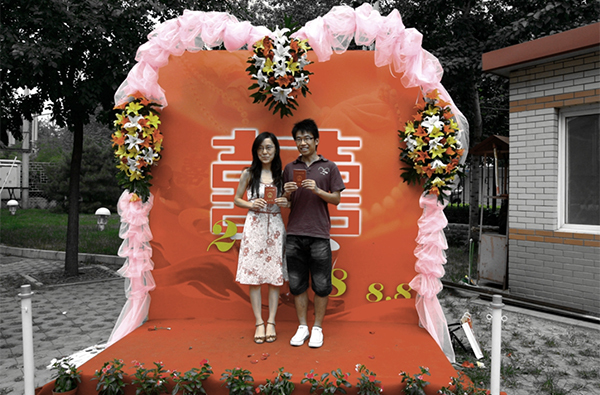Some residents of Hong Kong took to social media to report that they noticed a significant number of mainland tourists occupying seats at McDonald's overnight. (Internet photo)
[Dajiyuna] In light of China's economic slowdown and a shift towards more frugal consumer habits, many mainlanders have opted for a 'budget travel' approach during the holiday season. Hong Kong locals have expressed their frustrations, noting that this year's May Day holiday saw some mainland tourists adopting a 'budget travel' trend while visiting Hong Kong. Photos related to this situation have circulated on social media, igniting a wave of public discourse.
Throughout the May Day holiday, popular tourist destinations in Hong Kong saw a peak in visitors, with tourists lining up to take photos and savour local cuisine at well-known spots like Victoria Harbour, The Peak, Kennedy Town, and Yau Ma Tei Police Station. The influx of mainland travellers led to overwhelming crowds at land border crossings.
While the arrival of mainland tourists is generally seen as a positive for Hong Kong's economy, some residents have voiced concerns on social media. They reported that a large group of mainland tourists at the Mong Kok McDonald's appeared to be engaging in 'budget travel'—choosing to sleep overnight in the restaurant (which is open 24 hours) instead of booking hotel accommodations, which left dine-in customers without available seating and led to refusals to meet minimum spending requirements at eateries. These incidents have consistently made headlines online.
A user on Threads shared two photos, stating that on May 3 at 6 AM, they observed a large group of mainland tourists using the seats at the Mong Kok Fu Yuen McDonald's to sleep, alongside several homeless individuals. The poster raised questions about this 'budget travel' practice.
The photos reveal that a section of seating at McDonald's is occupied by a large number of travellers with suitcases. Some have McDonald's food on their tables, while others only have drinks from outside. Several individuals are lying on the tables, sleeping, which could potentially disrupt dine-in customers who wish to eat.
As reported by the official Macao Monthly WeChat account, during the holiday period, a surge of mainland tourists flocked to Hong Kong, turning 24-hour McDonald's locations in areas like Mong Kok and Tsim Sha Tsui into temporary 'refuges' for some visitors. A reporter from a Hong Kong media outlet visited the McDonald's on Beijing Road in the early hours and discovered around fifty people sprawled across tables and chairs, with luggage piled up. Some even removed their shoes to 'air out their feet.' The scene appeared disorganised, yet the staff did not intervene.
Following the spread of these images online, public opinion in Hong Kong quickly became polarised. Some netizens commented that tourists are 'poor travellers' who 'cannot stimulate the economy.' Others expressed frustration that the dine-in space was being encroached upon.
Simultaneously, some local businesses reported that 'the influx of people has not translated into financial gains,' with popular shopping districts like Mong Kok and Tsim Sha Tsui experiencing a situation of 'high foot traffic but low revenue.' Notably, disputes over consumption arising from mainland tourists failing to meet the restaurant's 'minimum spending' requirements have become a focal point of public discourse.
On May 4, the manager of an Italian restaurant in Mong Kok took to social media to express that during the May Day holiday, the streets were "packed with people," yet their restaurant saw "zero customer flow" after 6 PM on May 3. They attributed this to "some tourists refusing to spend reasonably in order to save money, which has led to a decrease in store revenue instead of an increase." The manager shared a personal experience: on the evening of May 3, he observed a family of four from the mainland ordering only two bowls of 'single dish rice noodles' priced at HKD 35 each at a rice noodle shop. Because they did not meet the minimum consumption requirement of HKD 35 per person, they ended up in a heated argument with the staff. The standoff lasted nearly 20 minutes, and ultimately, the poster "could not endure the disturbance" and decided to settle the bill and leave.
Following the post, the related topic on social media attracted over 500,000 views. Critics argue that tourists' behaviour of "ignoring the rules" is detrimental to the service industry in Hong Kong.
A netizen known as "Hong Kong Island Observer" commented: "Before travelling to Hong Kong, one should prepare adequately and accept local consumption habits, rather than using 'budget travel' as an excuse to break the rules."
Ms. Li, a professional in the tourism industry, believes that "some tourists excessively chase low prices, even demanding free services from businesses, which over time undermines the quality of tourism services in Hong Kong."
However, some netizens pointed out that businesses should reconsider the fairness of the "minimum consumption" rule. Mr. Zhang, a mainland tourist, remarked, "The average spending in Hong Kong restaurants is generally high. If a minimum consumption is enforced, it is unfair to family tourists or those on a tight budget."
A survey of mainland tourists who chose to stay overnight at McDonald's instead of hotels revealed that some did so due to tight schedules that prevented them from booking accommodations or unexpected issues like lost documents, rather than a deliberate choice to "take advantage."
The three-year COVID-19 pandemic and the extreme lockdown policies implemented by the Chinese Communist Party have dealt a heavy blow to China's economy. In recent years, the economic decline has led to a shift towards more frugal consumption among the mainland population. This trend is particularly evident in the tourism sector, where 'budget travel' has become increasingly popular. During holidays, many well-known tourist destinations are described as 'special forces-style travel,' with the 'special forces' mainly comprising university students. This year, during the 'May Day' holiday, there has been a notable increase in tourists who bring their own tents, dubbed 'field army' by netizens. These travellers do not book hotels or stay in guesthouses; instead, they set up with their own tents and supplies, setting up camp at scenic spots. This behaviour highlights their focus on cost-saving while travelling.
Editor: Fang Xiao











News magazine bootstrap themes!
I like this themes, fast loading and look profesional
Thank you Carlos!
You're welcome!
Please support me with give positive rating!
Yes Sure!